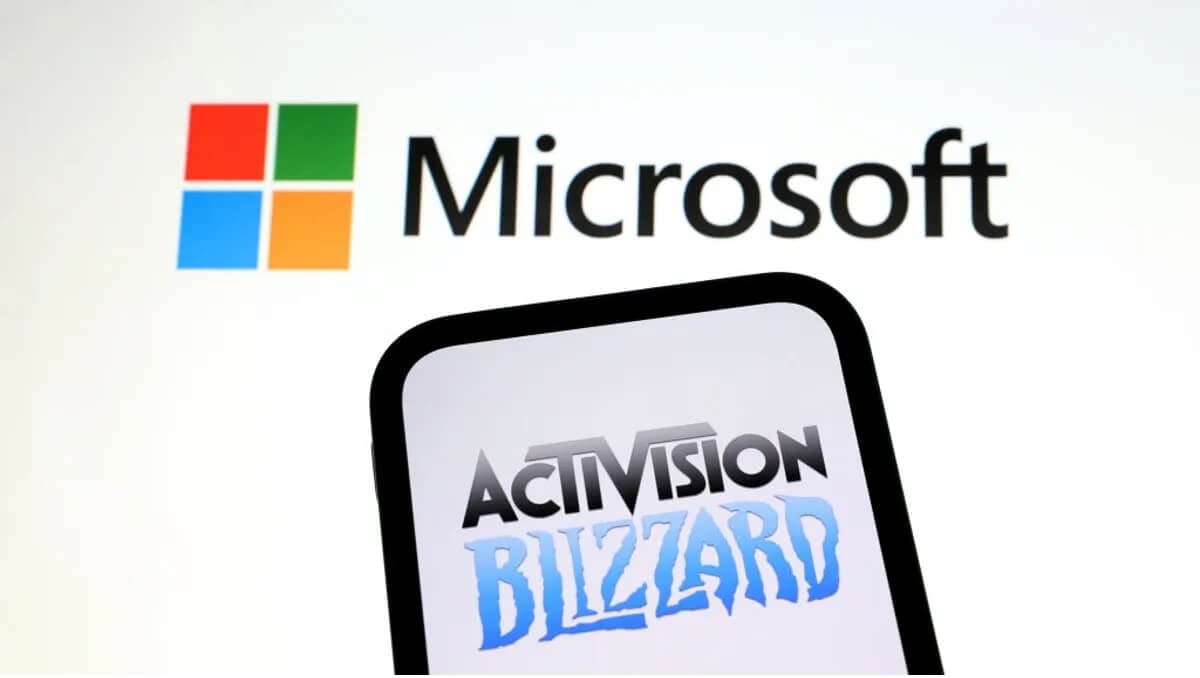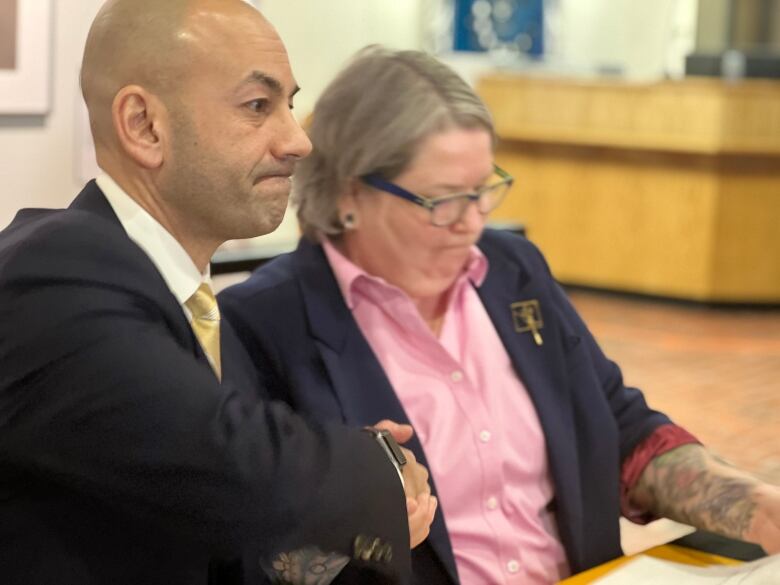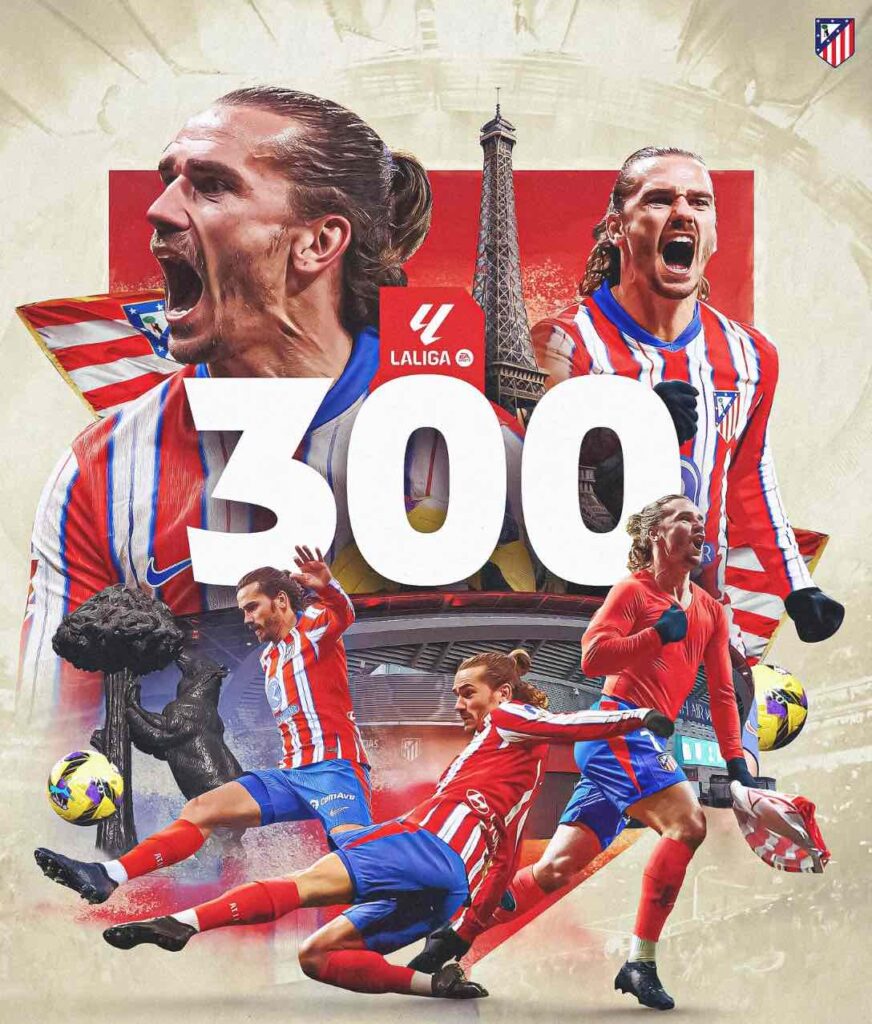Microsoft-Activision Deal: FTC Files Appeal

Table of Contents
The FTC's Argument Against the Merger
The FTC's central argument against the Microsoft-Activision merger rests on concerns about potential market monopolization and the stifling of competition.
Concerns about Market Domination
The FTC's primary concern revolves around Microsoft's potential to dominate the gaming market, particularly concerning the immensely popular Call of Duty franchise.
- Call of Duty Exclusivity: The FTC alleges that Microsoft could make Call of Duty exclusive to its Xbox consoles and Game Pass subscription service, thereby harming competitors like Sony PlayStation and Nintendo Switch. This would significantly reduce consumer choice and potentially drive PlayStation players to switch ecosystems.
- Microsoft's Acquisition History: The FTC points to Microsoft's history of acquiring game studios – Bethesda, Zenimax, and others – integrating them into its Xbox ecosystem, and potentially limiting the availability of their titles on competing platforms. This history, they argue, showcases a pattern of anti-competitive behavior.
- Stifling Innovation and Reducing Choice: The FTC believes the merger would stifle innovation by reducing competition and limiting consumer choice in gaming. A dominant Microsoft could potentially dictate prices, reduce the quality of services, and slow the development of competing gaming platforms.
The Judge's Ruling and the FTC's Appeal
A federal judge initially dismissed the FTC's lawsuit, ruling that the commission hadn't presented sufficient evidence to prove a substantial lessening of competition. The FTC's appeal directly challenges this decision.
- Legal Misinterpretation: The appeal argues that the judge misinterpreted key aspects of antitrust law and failed to adequately consider the potential harm to competition.
- Additional Evidence: The FTC intends to present additional evidence and refined legal arguments in its appeal, aiming to bolster its case against the merger.
- Prolonged Uncertainty: This appeal significantly prolongs the uncertainty surrounding the Microsoft-Activision deal, creating anxiety for both companies, investors, and gamers alike.
Potential Implications of the Appeal
The FTC's appeal carries far-reaching consequences for both the gaming industry and consumers.
Impact on the Gaming Industry
The outcome of this appeal will shape the future of mergers and acquisitions in the gaming industry.
- Increased Regulatory Scrutiny: Future mergers and acquisitions in the gaming sector are likely to face significantly increased regulatory scrutiny, potentially slowing down the consolidation of the industry.
- Challenges for Smaller Developers: Smaller game developers could face even greater difficulties competing with larger, established companies in a less competitive market.
- Setting a Precedent: This case could set a significant precedent for future antitrust cases, influencing how regulators approach mergers and acquisitions in other tech sectors.
Impact on Consumers
Consumers face uncertainty regarding game availability, pricing, and overall gaming experience.
- Delayed Releases or Exclusivity: If the appeal is successful and the merger is blocked, consumers could potentially see delays in game releases or face the reality of certain titles becoming exclusive to specific platforms.
- Higher Prices: Reduced competition could lead to higher game prices and subscription costs, potentially impacting accessibility for consumers.
- Balancing Innovation and Competition: The appeal highlights the complex balancing act between fostering innovation and maintaining fair competition in the rapidly evolving gaming market.
The Future of the Microsoft-Activision Deal
The appeal process will likely be protracted and involve extensive legal battles.
Timeline and Possible Outcomes
Several outcomes are possible.
- FTC Victory: The FTC could win the appeal, blocking the merger entirely.
- Upholding the Original Ruling: The appeals court might uphold the initial ruling, allowing the merger to proceed.
- Further Legal Battles: Regardless of the immediate outcome, the possibility of further legal challenges and appeals remains. The timeline for a final resolution remains highly uncertain.
- Microsoft's Strategic Response: Microsoft's strategic response to the FTC's appeal will be crucial in shaping the outcome of this legal battle.
Conclusion:
The FTC's appeal against the Microsoft-Activision deal marks a significant development, potentially reshaping the future of the gaming industry. The potential ramifications for both industry players and consumers are considerable. This case will undoubtedly influence the regulatory landscape surrounding major mergers and acquisitions in the tech sector, clarifying the extent of antitrust regulations in the dynamic world of gaming. Keep a close eye on the developments surrounding the Microsoft-Activision deal for updates on this landmark case and its long-term effects on the gaming landscape. The resolution of this Microsoft-Activision merger will have profound implications for years to come.

Featured Posts
-
 Yukon Legislature Contempt Threat Over Mine Managers Testimony
Apr 29, 2025
Yukon Legislature Contempt Threat Over Mine Managers Testimony
Apr 29, 2025 -
 Alberto Ardila Olivares Y Su Registro Goleador Un Analisis Profundo
Apr 29, 2025
Alberto Ardila Olivares Y Su Registro Goleador Un Analisis Profundo
Apr 29, 2025 -
 Exploring The Zombie Building Problem In Chicagos Office Sector
Apr 29, 2025
Exploring The Zombie Building Problem In Chicagos Office Sector
Apr 29, 2025 -
 Planning A Happy Day For February 20 2025
Apr 29, 2025
Planning A Happy Day For February 20 2025
Apr 29, 2025 -
 Papal Conclave Debate Over Convicted Cardinals Voting Rights
Apr 29, 2025
Papal Conclave Debate Over Convicted Cardinals Voting Rights
Apr 29, 2025
